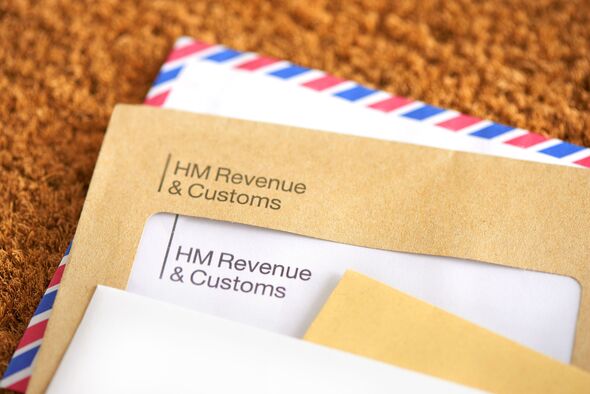A significant financial shift is on the horizon for state pensioners across the nation, as forecasts indicate that from 2027, every recipient of the state pension will likely become liable for some form of income tax, irrespective of any additional earnings. This marks a notable change from the current landscape where only those with other sources of income typically cross the tax threshold, signaling a widespread impact on retirement finances and personal finance UK.
At the heart of this impending change lies the “triple lock,” a government commitment enshrined in law that mandates an annual increase in state pension payouts. This policy ensures that pensions rise by the highest of wage growth, inflation, or a minimum of 2.5 percent each April, providing a vital safeguard for pensioner incomes against economic fluctuations. Despite growing scrutiny over the escalating cost of welfare, the triple lock remains a steadfast promise, securing future increments.
According to comprehensive analysis by Steve Webb, a distinguished partner at the pensions advisory firm LCP, the full new state pension is projected to exceed the personal income tax allowance threshold by April 2027. This pivotal moment, coinciding with the start of the new tax year, means that even a pensioner whose sole income is the state pension would find a portion of their annual payment subject to taxation by His Majesty’s Revenue and Customs (HMRC).
While the initial taxable amount may appear modest, estimated at a mere £1.60 from 2027, this figure is set to incrementally increase year-on-year as the state pension continues its upward trajectory under the triple lock mechanism. This suggests that the income tax burden, though small initially, will gradually grow, impacting more of the state pension income over time for retirees and affecting their retirement planning.
Historically, pensioners have always been subject to income tax, but until now, this primarily affected those with supplementary earnings such as employment, private workplace pensions, or substantial savings interest. Crucially, individuals relying exclusively on their state pension have been exempt from income tax, a situation poised to undergo a fundamental alteration in the coming years, introducing a new era of pensioner tax.
For those pensioners not engaged in Pay As You Earn (PAYE) employment, the method of tax collection will be directly managed by HMRC. The tax office intends to issue direct correspondence to inform affected individuals of their tax liability, streamlining the process and largely alleviating the need for retirees to navigate the complexities of self-assessment tax returns for this specific income.
The Low Incomes Tax Reform Group offers further clarity on the collection process, stating that if direct collection through the PAYE system is not feasible for an individual’s state pension, HMRC may instead opt to send a “simple assessment calculation” following the conclusion of the tax year. This approach aims to simplify tax compliance for hundreds of thousands of pensioners who will newly face a tax bill on their state pension.
This development signifies a broader shift in the tax landscape for seniors, transforming how state pension income is treated. The slight excess of the state pension over the personal allowance, even by a small margin like £8 per year for some, will initiate a tax bill for potentially millions of pensioners, marking a new era where the state pension alone can trigger a tax liability and necessitating careful personal finance management.






Leave a Reply